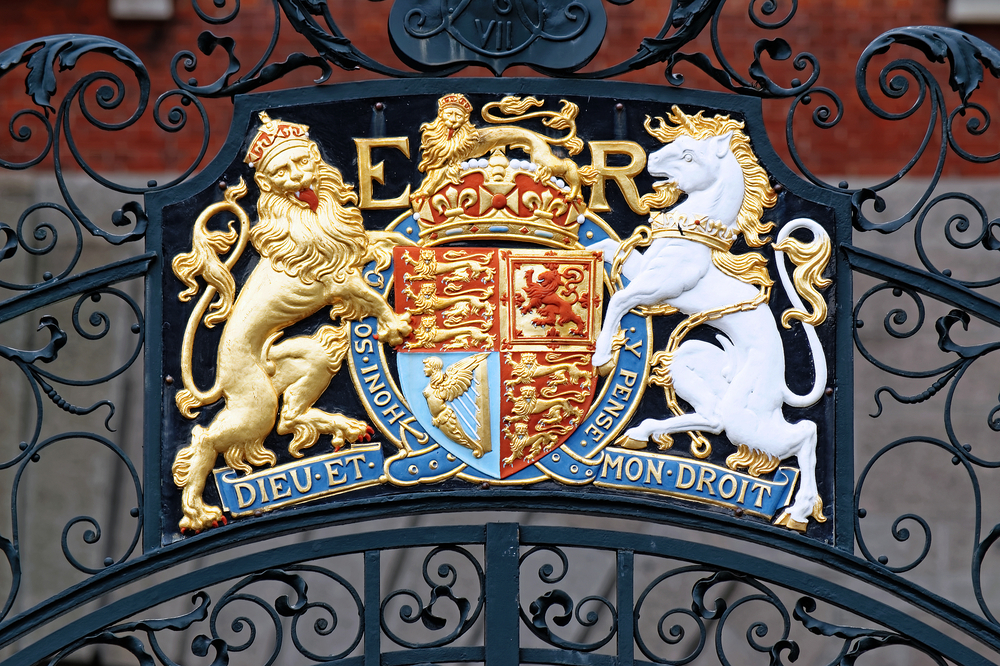8th September is the day the Queen died and is likely a day imprinted on the hearts and minds of most Britons. Countless obituaries, histories, biographies, photographs and images have followed and are continuing. Familial, national and global commemoration, with mourning and thanksgiving, prevail. Having been such a prominent figure in the past, perhaps the most famous person on earth, her life is a potential beacon to influence the future.
Her unique place in history is sealed and timeless and perhaps she will be a legend. Her legacy lies in the longevity and steadfastness of her reign and in her family. In all the memorials so many virtues and so many people touched and affected by her presence are recorded. In particular, the universal observation of the examples she set stands out. Perhaps her greatest legacy could be the extent to which people in the UK and the Commonwealth and otherwise around the world decide to call on that example in the future as a regulator of their own lives for the better.
HER EXAMPLE
She is said to have epitomised “service” of her nation, the commonwealth, and her family. Understanding her privilege, her consequent sense of duty, and so service, followed. A Briton of Asian origin on the BBC described the UK as a country which is an example of relative peaceful unity to much of the world influenced as such by the Queen’s constancy. Is not every Briton privileged like the Queen to be part of it? And so, does every British citizen have a corresponding duty to serve the nation and community? If her example is followed, society would surely be the better.
She is universally admired for her “hard work”. No retirement for her in her late sixties, but still working at 96 until two days before her death to appoint a new Prime Minister, Liz Truss. The ethic of work has perhaps been diluted in the UK, and if her work example is taken to heart society would surely be the better.
She is universally admired too for her respect of others, her courtesy. Though understandably constrained by the rules attaching to her role as a monarch in a democracy, was ever a nasty quip, an intolerant or demeaning put-down ever publicly uttered? People who spent time with her privately are talking of her attentiveness, her listening skill, and her care for others. She was not all-knowing or an intellectual giant, but she seems through thoroughness, experience and learning from that to have been able to impart wisdom and food for thought to those in positions of power as well as lesser mortals in her private engagements. Perhaps, wisely, she knew her strengths and limitations, and that, as her authority came from her royalty, fewer words and opinions were a powerful tool. If her example of respectfulness were followed, society would surely be the better.
Was however perhaps her greatest example her “humanness”. Addressed as “Your Majesty”, that is the greatest one but not God, she was each day placed above the rest of humanity in importance. Even though so great in human rankings, she evidently will have suffered disappointments, fears, uncertainties, misery, grief and weaknesses like all people. Not least in 1992, her annus horribilis. She endured the divorces of three of her four children, occasional family embarrassments, the death of Diana and its consequential lessons, the death of her husband: the public things we know about but surely there will have been countless times of anger, frustration and despair that many people go through. Some people have commented she had been with us forever and she seemed almost immortal. She never complained in public about her lot. When she realised that she and her family had made mistakes, she sought to acknowledge and learn from them, and change. While there have been wobbles in her 70 years, her ability to move with the times and lead her royal institution in doing so is a lesson to all.
FINALLY, A BEACON TO LIGHT THE WAY
While her death at 96 is a source of sadness, she was blessed with such a long life, and in death it seems was spared the ravages and indignities of dementia, cancer or other debilitating diseases, a blessing. Even the greatest of people succumb to the inevitable and, given her apparent faith, death will have been the attainment of the purpose of her life. The way in which from the moment of her death her role was replaced instantly by the new King and his appointment was celebrated demonstrated the strength of the institution and the individuals within it.
She demonstrated a resilience in life that always looked to the future, hope triumphing over despair. She knew the terror, hardship and destruction of war and that they were replaced ultimately in time by change, growth and prosperity which of course ebbs and flows. She communicated how tough times can be overcome by individuals and nations with mutual help and support and unity of purpose to succeed. With a new King, a new PM and the legacy of such an admirable Queen, perhaps a renewed respectful attitude and culture of service, resilience and determination can prevail in the UK to overcome economic distress and the dangers posed by violent warmongering, inspired and lit by the beacon of Her Majesty’s example.


1 comment
Very true and very well expressed ….